২৪ মাঘ ১৪৩২
Three Parties' Three Different Stands Regarding July Charter
25 October 2025 18:10 PM
NEWS DESK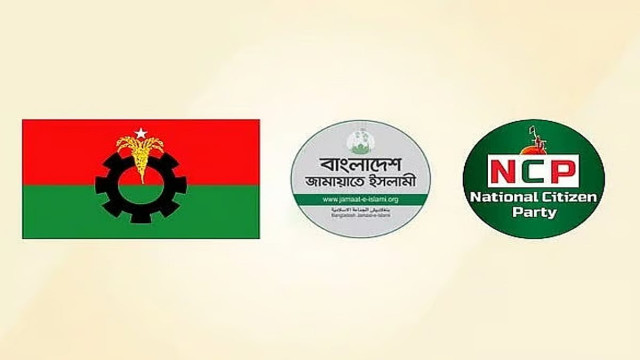
On 18 September 2025, Prothom Alo published an article titled "How realistic is Jamaat's proposal?", written by a senior lawyer and BNP National Executive Committee member. In it, the author argued that Jamaat-e-Islami’s plan for implementing the July Charter was unrealistic.
The piece reflected the BNP’s official line that the Charter should only be carried out by the next Parliament, where the party hopes to secure an absolute majority. While the article dismissed Jamaat’s idea as impractical, it carefully avoided the question of whether the proposal was legal. The author’s arguments may sound appealing to ordinary readers, but they lack a firm basis in law. In this article, I will examine the BNP’s objections to Jamaat’s proposal for putting the July Charter into effect.
Jamaat has said that the July Charter should be put into effect right away through a Provisional Constitutional Order. According to Jamaat, this Order would not come from the President under Article 93 of the Constitution, but directly from the authority of the people of Bangladesh, who hold what they call the “constituent power.” The author of the Prothom Alo article takes the opposite view. He argues that the current Interim Government was created in line with the Constitution and is working under it. But he avoids saying exactly which Article of the Constitution was used to form it. His only proof is that the Advisers took the same oath once required under the 13th Amendment for the non-party caretaker government. On this basis, he concludes that the Interim Government has followed a kind of constitutional practice.
The author overlooks the important fact that the 13th Amendment no longer exists. The Appellate Division, led by Chief Justice A.B.M. Khairul Haque, struck it down as unconstitutional. That judgment is now under review, with a hearing scheduled for 21 October 2025. Until and unless the Appellate Division reverses its decision, the 13th Amendment remains invalid. So how could the Advisors have taken oaths under a provision that does not exist? The reality is that the oaths they took were invented, with no basis in the Constitution. Yet another point the author avoids is that the Awami League government was removed through extra-constitutional means. The entire process of ousting that regime and installing the Interim Government happened outside the framework of the Constitution. This legal position is not discussed by the author.
The author of the Prothom Alo article tries to defend the claim that the Interim Government is constitutional by pointing to certain acts of state. He notes that the President has appointed the Chief Justice and other judges under Article 95, the Chief Election Commissioner and commissioners under Article 118, the Comptroller and Auditor-General under Article 127, and the Chairman and members of the Public Service Commission under Article 138. He also cites the many ordinances issued by the President under Article 93 of the Constitution.
At first glance, these examples may seem to prove that the constitutional order is continuing. But this is a very superficial way of looking at the issue. In modern constitutional theory, the fact that government offices continue to function and appointments are made under existing provisions does not by itself settle the deeper question of legitimacy. The author uses this argument mainly to deny the idea that the people have exercised “constituent power”—the special power that people hold after a revolution or political upheaval to create or reshape a constitution. This reasoning is flawed. The exercise of constituent power by the people does not automatically wipe out the existing Constitution. In practice, both can operate side by side: the people may have asserted their ultimate authority by removing a regime and installing an Interim Government, but at the same time, the machinery of the state may still function through the provisions of the old Constitution. In other words, acknowledging the people’s constituent power does not mean that the Constitution has ceased to exist; it only means that its authority is now subject to the people’s higher power to approve, amend, or replace it.
The political events of August 2024 marked a turning point in Bangladesh’s history. Through these events, the people exercised their constituent power, i.e. the ultimate authority to reshape the constitutional order. Exercising this power does not automatically mean abrogating the Constitution. In fact, the existence of a Constitution does not conflict with the people’s ability to exercise such power. German scholar Ernst-Wolfgang Böckenförde, a former Judge of the German Constitutional Court explained that constituent power can wear away a constitution “piece by piece, in individual steps.” In the same way, the upheavals of July and August 2024 can be seen as moments when the people asserted their constituent power to create a new order, which may gradually erode parts of the existing Constitution.
The present Interim Government comprising of a Chief Advisor and Advisors operate because it was established by the people’s will. This is what many scholars call a pre-legal power. It exists outside the framework of existing laws and constitutions. In other words, it is wrong to try and find a specific legal clause in the old Constitution that explains its existence. The historical and political processes of 2024 gave the people the authority to begin framing a new constitutional system. At the same time, not everything from the old Constitution has vanished. The August 2024 changes reshaped Bangladesh’s constitutional order, but the existing Constitution continues to apply wherever it does not clash with the new realities. The 20th-century German legal theorist Carl Schmitt pointed out that constituent power can be exercised even while a constitution is still in place. In that sense, the people’s authority stands alongside and above any existing constitutional order. Similarly, academic Hèctor Lopez Bofill argues that constituent power should be seen as a continuous process of reconstruction. This explains why many parts of the current Constitution are still being followed, even though the Awami League government was removed in a manner clearly outside the old constitutional scheme. The claim that following the Constitution is somehow inconsistent with the exercise of constituent power is overly simplistic. Constitutional scholars overwhelmingly agree that the people may exercise constituent power while a constitution still exists—using it to modify, amend, or eventually replace the old system.
The most worrying part of the BNP’s position, as reflected in the Prothom Alo article, is that if the existing Constitution is kept in place, some of the key promises of the July Charter such as the decentralising the Supreme Court and creating a two-chamber Parliament will not be possible. These reforms go against the “basic structure” of the current Constitution. This raises a real concern among citizens that the BNP may not actually carry out many of the changes promised in the July Charter if it comes to power. The author of the article also avoids explaining how the BNP plans to implement those parts of the Charter that directly conflict with the existing constitutional structure.
The main criticism of Jamaat’s proposal is that the party has come to recognise the legal reality of constituent power and the weakening of the existing Constitution far too late. In fact, Jamaat is perhaps the only political party that actually took independent legal advice on this issue back in October 2024. From that advice, they knew well that the people had exercised constituent power on 5 August 2024, and that as a result many parts of the Constitution had already become ineffective. Otherwise, how could one explain the fall of Sheikh Hasina’s government and the creation of the Interim Government?
Yet Jamaat chose to ignore this advice. They did not rely on it, nor did they try to persuade the public of its significance, because at that time it brought them no political advantage. Now, one year later, they have realised the truth too late and done too little to explain the constitutional reality to the people. As one of the key actors in the July Revolution, Jamaat had a responsibility to make it clear that the revolution had rendered large parts of the Constitution ineffective. This would have been much easier to explain in September or October 2024, only a few months after the Awami League was overthrown. But one year on, it is far harder to convince the public. Jamaat should have taken a principled stance from the beginning and told the people the true constitutional position of the country, instead of only weighing short-term political benefits. Just as in 1971 Jamaat realised too late that the dream of a united Pakistan had been crushed on the night of 25 March, it has once again woken up too late to the fact that parts of the Constitution are no longer effective and that Bangladesh is in a moment of constitutional change. This act of putting political gain above principle now risks preventing many parts of the July Charter from being carried out.
While Bangladeshis wait for the outcome of this debate on the implementation of the July Charter, the only person who is happy about the confusion is our former prime minister. She knows that if the existing constitution is retained it will benefit her and her party if they ever come to power. All that she will need to do is restore Article 7A of the existing constitution and then punish all those that have ousted her. This simple fact is evading the notice of the BNP.
Finally, the author of the Prothom Alo article refers to the opinion of the Appellate Division under Article 106 as support for the Interim Government. I do not wish to go into the controversy around Article 106, however I should add this opinion cannot give legitimacy to the Interim Government if it is otherwise illegitimate. There is no doubt the Interim Government is legitimate. It derives its legitimacy from the authority of the people and we do not have to resort to the opinion of the Appellate Division under Article 106. However, the author refuses to state that the Interim Government is legitimate. Instead, he writes—“On this matter, I will refrain from giving a direct answer”. This hesitation suggests that the BNP may later declare the Interim Government illegitimate if it comes to power, much like the Awami League once described the 1/11 government as unlawful during its time in office.
The BNP seems hesitant to carry out the constitutional reforms promised in the July Charter. The party believes it will win the next parliamentary elections, and it knows that implementing the Charter would decentralise power and weaken any BNP-led government. Smaller parties like Jamaat, on the other hand, know they will not form the next government. That is why they want the July Charter implemented right away so their interests are protected and not ignored by larger parties like the BNP. In the end, both parties are focused on their own political advantage, rather than looking at the reforms from the perspective of the people.
The July revolution was not just about the removal of the Awami League. It was a demand for a new constitutional order. That is the reason we had so many commissions providing proposals for reform. Many of these proposals have found place in the July Charter. The political parties have a duty to ensure that the July Charter is enforced, otherwise the will of the people will not be implemented which may lead to further unrest in the future.





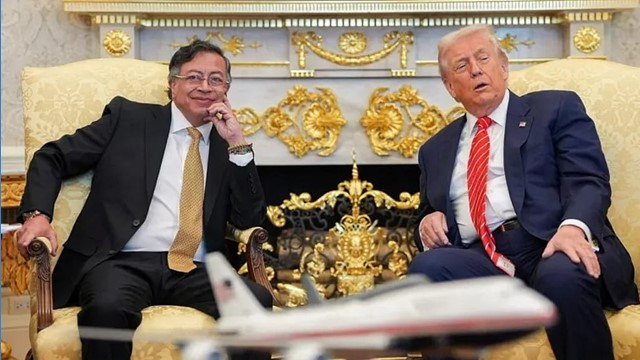




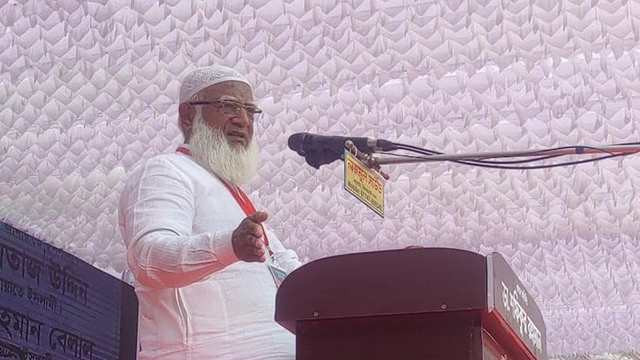
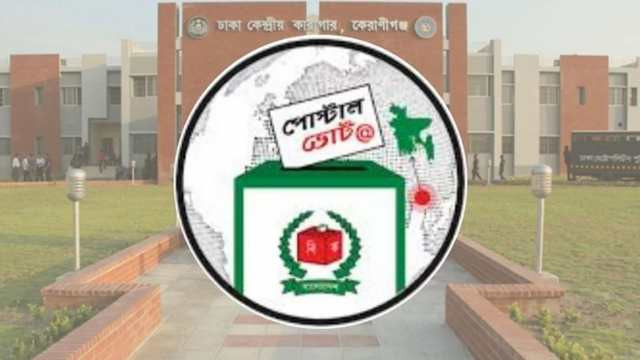
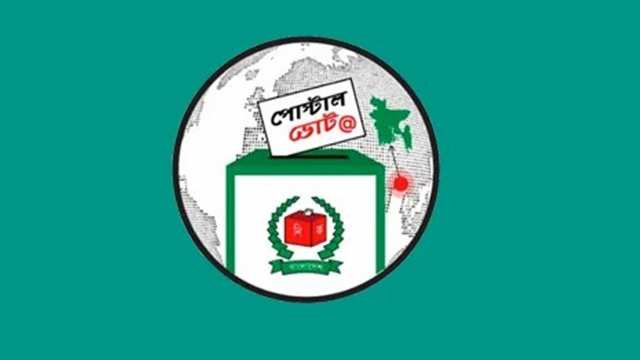


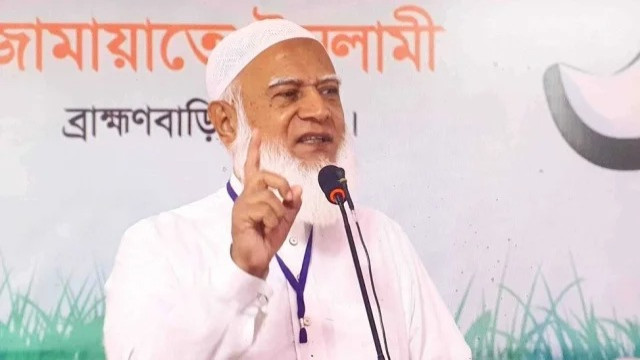

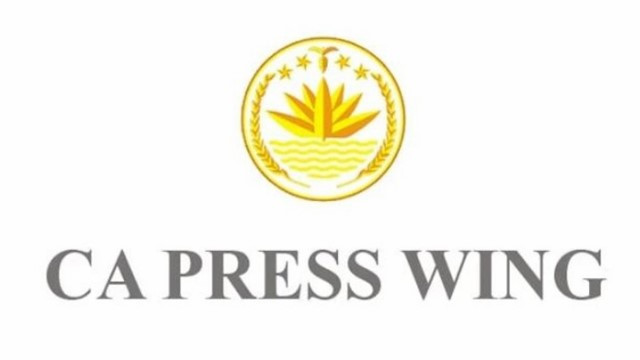
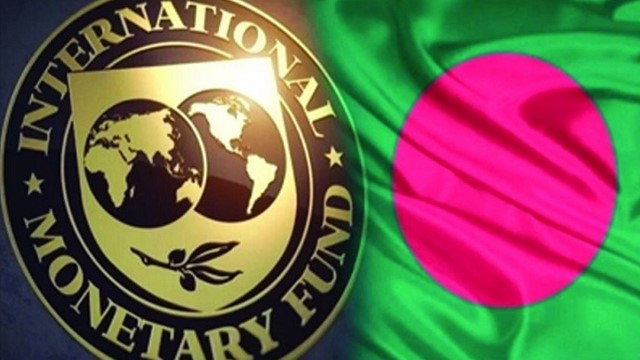
Comments Here: